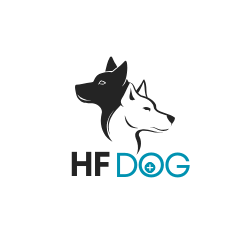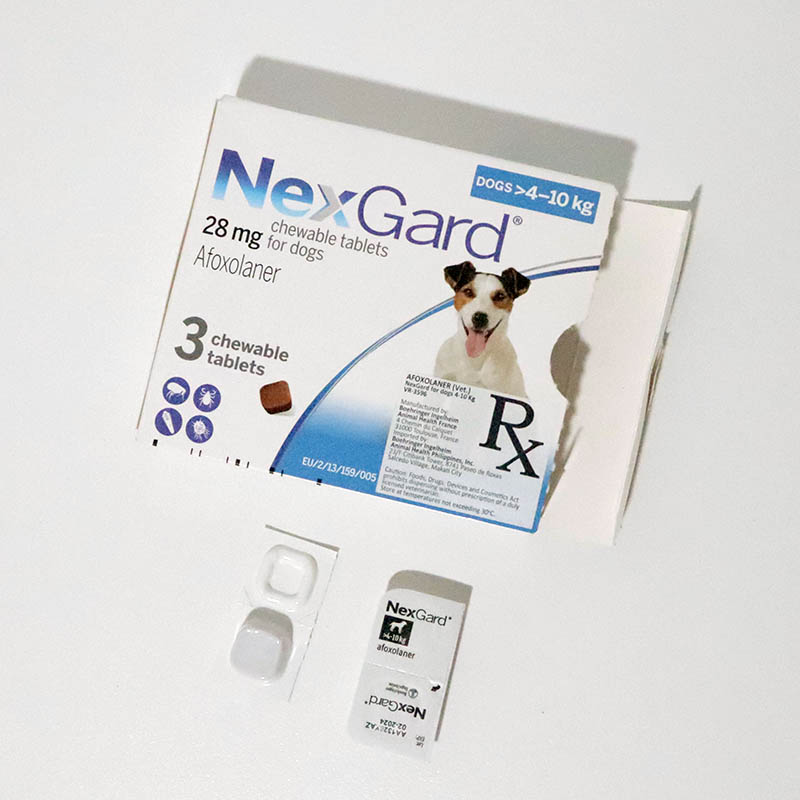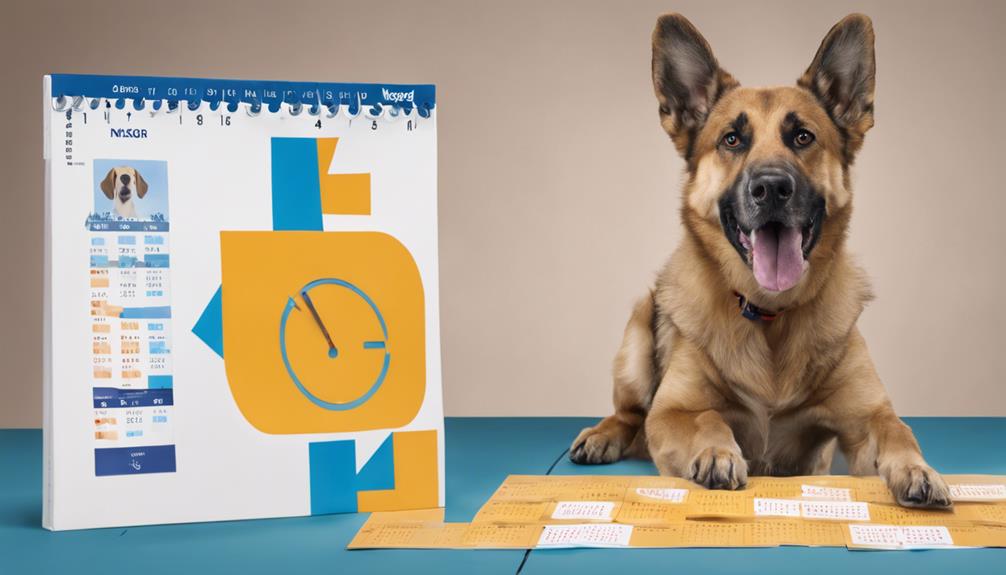Can Nexgard Cause Seizures
For pet owners, ensuring the health and well-being of their furry companions is paramount. One common concern that arises with the use of certain flea and tick medications, such as NexGard, is whether they can potentially trigger seizures in dogs. This article Look into the research and expert opinions surrounding this topic, shedding light on the possible risks and benefits associated with NexGard and its impact on canine health..
Key Takeaways
- A potential link exists between Nexgard and seizures in dogs.
- Active ingredient afoxolaner in Nexgard is associated with neurological side effects.
- Seizures are considered rare but essential to monitor for in pets on Nexgard.
- Consult a veterinarian if abnormal symptoms like seizures are observed.
- Discontinue Nexgard if seizures occur and explore alternative options.
Potential Link Between Nexgard and Seizures
Nexgard may potentially trigger seizures in some pets, raising concerns among pet owners and veterinarians. The active ingredient in Nexgard, afoxolaner, has been associated with neurological side effects in some animals. Seizures are a known potential side effect of afoxolaner, although they’re considered rare. It’s essential to monitor your pet closely after administering Nexgard for any unusual behavior, including seizures, tremors, or disorientation.
If you notice any abnormal symptoms in your pet, contact your veterinarian immediately. Seizures can be a frightening experience for both you and your pet, but prompt medical attention can help manage the situation effectively. Your veterinarian may recommend discontinuing Nexgard and exploring alternative flea and tick prevention options to ensure your pet’s safety and well-being.
While not all pets may experience seizures when taking Nexgard, it’s crucial to remain vigilant and informed about the potential risks associated with this medication. Keeping an open line of communication with your veterinarian can help address any concerns and make informed decisions regarding your pet’s health.
Understanding Seizure Symptoms in Dogs
Understanding seizure symptoms in dogs can be crucial for pet owners to recognize and respond promptly to any potential different neurological issues their furry companions may experience. Seizures in dogs can manifest in various ways, such as sudden convulsions, uncontrolled shaking, loss of consciousness, drooling, chomping movements, and paddling of limbs. During a seizure, your dog may also exhibit behavioral changes like confusion, restlessness, or fear. It’s essential to observe the duration and intensity of the seizure, as well as any repetitive patterns, to provide accurate information to your veterinarian.
Seizures can be caused by a variety of factors, including underlying health conditions, genetic predisposition, or exposure to certain medications like Nexgard. Monitoring your dog for any abnormal behavior, symptoms, or triggers can of help in early detection and management of seizures. If you suspect that your dog is experiencing a seizure, ensure their safety by removing any sharp objects or potential hazards nearby, stay calm to prevent escalating their anxiety, and contact your veterinarian for further guidance.
Research Studies on Nexgard and Seizures
To explore the potential link between seizures in dogs and the use of certain medications, particularly Nexgard, research studies have been conducted to investigate any possible associations.
Several studies have examined the relationship between Nexgard and seizures in dogs. One study published in the Journal of the American Veterinary Medical Association found that seizures were reported as a potential adverse reaction in dogs treated with Nexgard.
Another study conducted by the European Medicines Agency also identified seizures as a possible side effect of Nexgard use in dogs. These research efforts have contributed valuable information to the ongoing discussion regarding the safety of Nexgard in relation to seizures.
While these studies suggest a possible correlation between Nexgard and seizures, further research is necessary to establish a definitive causal relationship. It’s important for pet owners to be aware of these findings and to consult with their veterinarians if they’ve any concerns about the use of Nexgard in their dogs.
Risk Factors for Seizures in Dogs on Nexgard
Are there specific risk factors that may increase the likelihood of seizures in dogs being treated with Nexgard?
While Nexgard is generally considered safe, there are some factors to consider. One potential risk factor is a history of seizures or epilepsy in your dog. If your furry friend has had seizures before starting Nexgard, they may be more prone to experiencing them while on the medication.
Another factor to keep in mind is the dosage of Nexgard being administered. Giving your dog too high of a dose can increase the risk of seizures and other adverse effects.
Additionally, certain breeds may be more susceptible to seizures when taking Nexgard. It’s essential to discuss your dog’s breed and medical history with your veterinarian before starting any new medication.
What to Do If Your Dog Has a Seizure
In the event that your dog experiences a seizure, remain calm and prioritize their safety by following these steps. Firstly, ensure that there are no sharp objects or obstacles nearby that could harm your dog during the seizure. Keep a close eye on the duration of the seizure; if it lasts longer than five minutes or if multiple seizures occur in a short period, seek immediate veterinary help.
During the seizure, try to gently move your dog away from any dangerous areas, but refrain from restraining them as this could lead to accidental injury. Speak to your dog in a soothing tone to provide comfort and reassurance. Avoid putting your hands near their mouth as they may unintentionally bite down.
After the seizure has ended, keep your dog in a quiet and dimly lit room to help them recover. Make sure to contact your veterinarian to discuss the episode and determine if any further medical attention is necessary. Remember to document the seizure details, including its duration and any unusual behaviors exhibited, to provide valuable information to the vet.
Frequently Asked Questions
Can Nexgard Cause Seizures in All Breeds of Dogs, or Are Certain Breeds More Susceptible?
Certain breeds of dogs may have a higher susceptibility to seizures, but Nexgard’s potential to cause seizures is not limited to specific breeds. It is important to monitor your dog’s response to Nexgard and consult your vet if concerned.
Are There Any Age Restrictions for Dogs Taking Nexgard to Prevent Seizures?
To prevent seizures in dogs taking NexGard, follow age restrictions as advised by your vet. It’s essential to ensure your furry friend’s safety and well-being. Always consult with a professional for the best guidance.
How Long After Starting Nexgard Treatment Could a Dog Potentially Experience a Seizure?
After starting NexGard treatment, a dog could potentially experience a seizure within a varied timeframe. It’s important to monitor your furry friend closely and consult with a vet if you notice any unusual symptoms.
Are There Any Alternative Flea and Tick Medications That Do Not Have a Potential Link to Seizures?
For flea and tick control without seizure risk, consider alternatives like Bravecto or Simparica. Consult your vet for options that suit your pet. Prioritize safety and effectiveness in choosing the best medication.
Can Seizures Caused by Nexgard Be Managed or Treated Effectively With Medication?
When seizures occur due to Nexgard, effective management often involves medication. Your vet can provide guidance on suitable treatments to help control and reduce the frequency of seizures, ensuring your pet’s well-being.
Conclusion
If your dog is on Nexgard and experiences seizures, it’s important to consult with your veterinarian immediately.
While there’s ongoing research on the potential link between Nexgard and seizures, it’s important to be aware of the symptoms and risk factors.
By being proactive and informed, you can help ensure the health and safety of your furry friend.
Stay vigilant and seek professional advice if needed.








